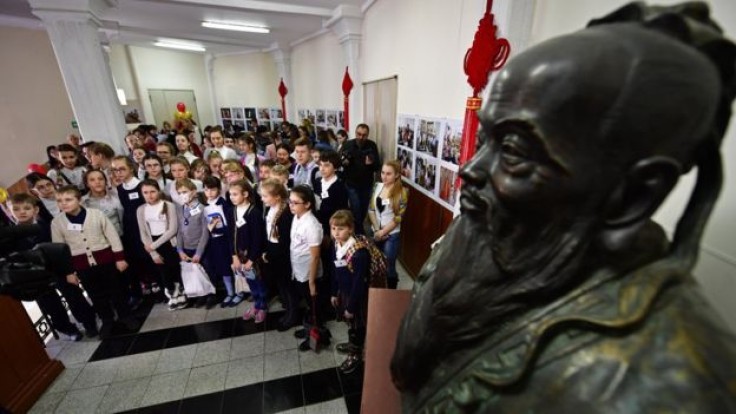
The Australian government has established new guidelines for universities to counter 'unprecedented levels' of foreign influence. The rising alarm has been raised about the effect of China on Australian campuses. This follows a series of controversial computer hacks and donations related to Beijing.
Universities would therefore need to name their research collaborators and financial donors, especially if these entities are from overseas. These will also be motivated to enhance structures for cyber-security and to protect sensitive work in research and academics.
"The foreign interference threat is at unprecedented levels. It will evolve so we've got to make sure our approach evolves with it," Education Minister Dan Tehan told reporters.
In August, a task force to investigate foreign interference in universities was revealed by the Australian government in the face of rising questions regarding Chinese involvement in some institutions.
The "self-censorship" of students and staff on sensitive political issues such as the pro-democracy protests in Hong Kong has been reported. There have also been violent clashes between students over the protests in Hong Kong at a number of Australian universities.
Local universities hosting Confucius Institutes - Chinese government-run institutions that offer language and cultural programs abroad - reportedly signed agreements that gave China decision-making powers over the facilities' teaching process.
The Australian government's allegations that China is trying to interfere with its universities have created tension between the two countries. Beijing however clarified that there was no attempt to exert Chinese influence on campuses and related institutions.
As a result, Australia has new codes that would allow organizations to share cyber information with national security agencies, recognize international research partners and reveal financial dealings with other countries. There is also a stricter guideline for universities before collaborating with other foreign agencies on research and other partnerships.
The Australian government also said its University Foreign Interference Taskforce, consisting of intelligence agencies, educational bureaucrats, and university leaders, aims to strengthen the universities' cyber defenses because just last month, the Australian National University verified that it was a target of a massive data phishing. There were about 200,000 students and staff whose personal information stolen or missing from databases.
Mr Tehan said that the cyber hacks on Australian universities continue to increase as reported by the Australian Cyber Security Center. He said the center would also improve cyber security measures to help universities protect their intellectual property and research databases. He added that there is a need to make foreign academic collaborations "more transparent".
The Chinese media outfits have criticized the Australian reports as "hysterical" and paranoia over cyber security issues. China argued that the New South Wales decision was disrespectful and unfair to local students and urged Australia not to "politicize ordinary exchange ventures."
In recent years, there has been growing concern about how much the government in Beijing influences Australia through its visiting Chinese students. Chinese students make up the largest population of foreign students in Australian universities.
The Australian government is already investigating the role of Confucius Institutes in Australia that are directly funded by the Chinese government.
© 2025 University Herald, All rights reserved. Do not reproduce without permission.








